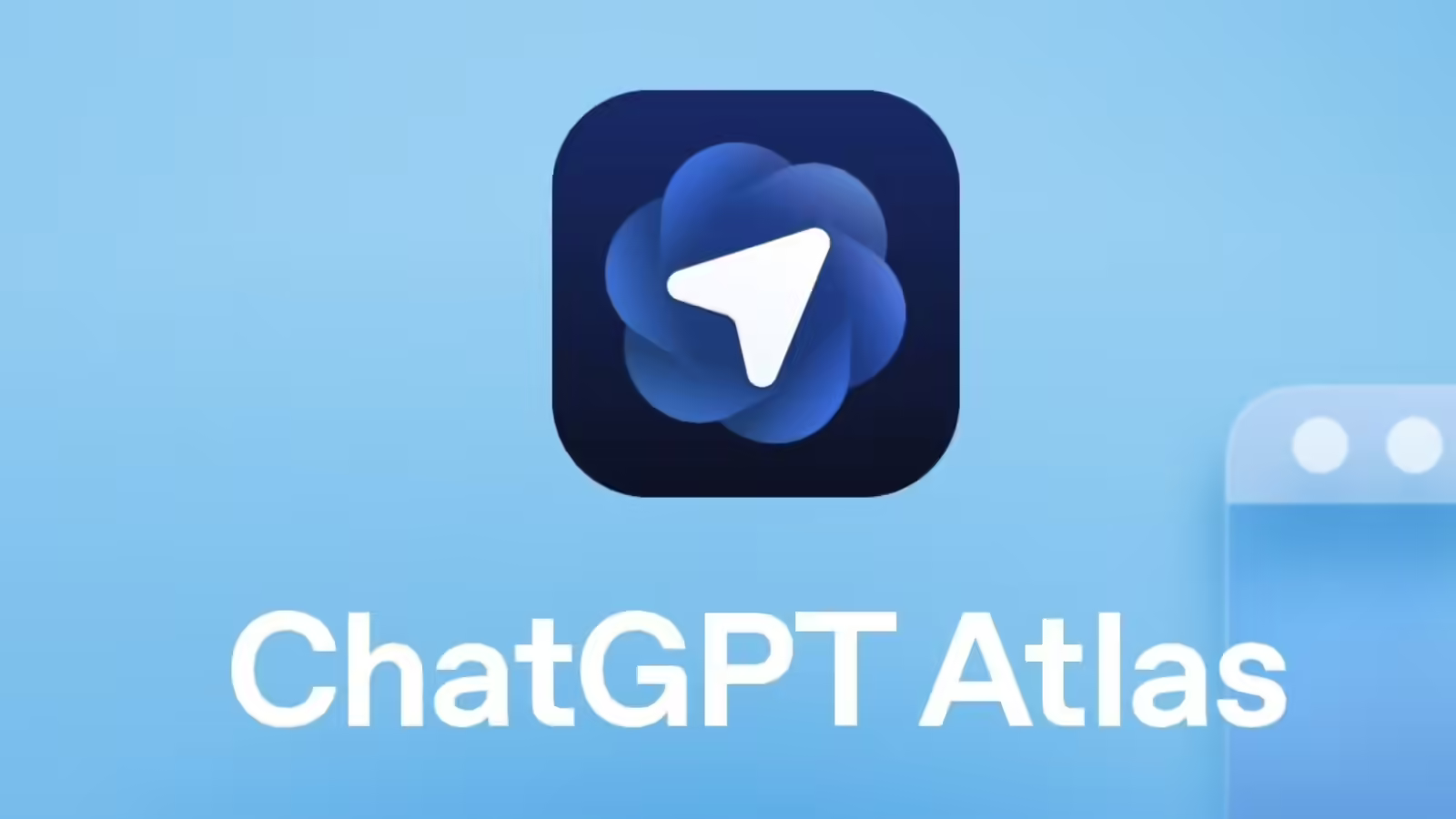Atlas By OpenAI: AI Browser Ready To Compete With Google Chrome
OpenAI has officially launched ChatGPT Atlas, an AI-powered web browser designed to integrate seamlessly with its popular chatbot, marking a direct challenge to Google Chrome ’s dominance. The browser, unveiled on Tuesday, aims to capitalise on ChatGPT’s 800 million weekly active users while offering AI-driven search and interaction tools that go beyond traditional keyword searches.
Atlas allows users to open a ChatGPT sidebar on any webpage, enabling content summarisation, product comparison, and data analysis across sites. In “agent mode,” currently available to paid users, ChatGPT can complete tasks on websites autonomously from researching trips to purchasing groceries. In a demo, the agent navigated Instacart to add ingredients for a recipe directly to the cart, demonstrating its task automation capabilities.
The browser is initially available globally on macOS, with Windows, iOS, and Android versions expected in the near future.
Atlas joins a growing field of AI browsers, including Perplexity’s Comet, Brave Browser, and Opera’s Neon, as companies race to integrate summarisation tools, form-filling, and code drafting. Analysts suggest that integrating ChatGPT into a browser could be a precursor to OpenAI entering the online advertising market, potentially challenging Google’s dominance in search ad revenue.
Shares of Alphabet, owner of Chrome, fell 1.8% following the launch announcement. While Chrome still holds a global market share of 71.9% as of September, the introduction of Atlas could intensify competition, particularly as OpenAI’s AI-first approach offers users a more conversational and interactive online experience.
OpenAI CEO Sam Altman has continued to push the boundaries of AI since ChatGPT’s debut in late 2022, expanding the company’s footprint into new online services. Meanwhile, Google is responding with its Gemini AI model, recently integrated into Chrome for U.S. users, offering AI-enhanced search alongside traditional results.
“Integrating chat into a browser is a precursor for OpenAI starting to sell ads, which it has yet to do so far. Once OpenAI starts selling ads that could take away a significant part of search advertising share from Google, which has around 90% of that spend category,” said Gil Luria, analyst at D.A. Davidson.

Atlas allows users to open a ChatGPT sidebar on any webpage, enabling content summarisation, product comparison, and data analysis across sites. In “agent mode,” currently available to paid users, ChatGPT can complete tasks on websites autonomously from researching trips to purchasing groceries. In a demo, the agent navigated Instacart to add ingredients for a recipe directly to the cart, demonstrating its task automation capabilities.
The browser is initially available globally on macOS, with Windows, iOS, and Android versions expected in the near future.
Atlas joins a growing field of AI browsers, including Perplexity’s Comet, Brave Browser, and Opera’s Neon, as companies race to integrate summarisation tools, form-filling, and code drafting. Analysts suggest that integrating ChatGPT into a browser could be a precursor to OpenAI entering the online advertising market, potentially challenging Google’s dominance in search ad revenue.
Shares of Alphabet, owner of Chrome, fell 1.8% following the launch announcement. While Chrome still holds a global market share of 71.9% as of September, the introduction of Atlas could intensify competition, particularly as OpenAI’s AI-first approach offers users a more conversational and interactive online experience.
OpenAI CEO Sam Altman has continued to push the boundaries of AI since ChatGPT’s debut in late 2022, expanding the company’s footprint into new online services. Meanwhile, Google is responding with its Gemini AI model, recently integrated into Chrome for U.S. users, offering AI-enhanced search alongside traditional results.
“Integrating chat into a browser is a precursor for OpenAI starting to sell ads, which it has yet to do so far. Once OpenAI starts selling ads that could take away a significant part of search advertising share from Google, which has around 90% of that spend category,” said Gil Luria, analyst at D.A. Davidson.
Next Story